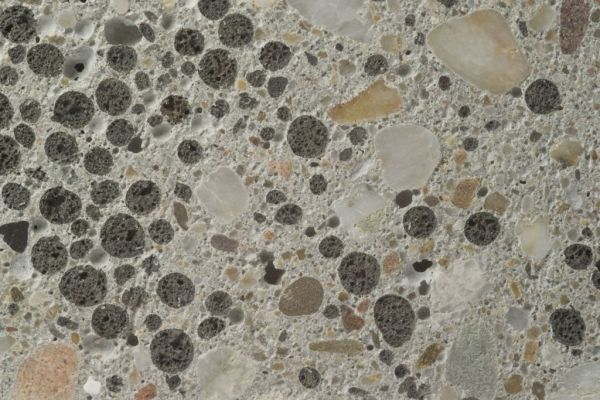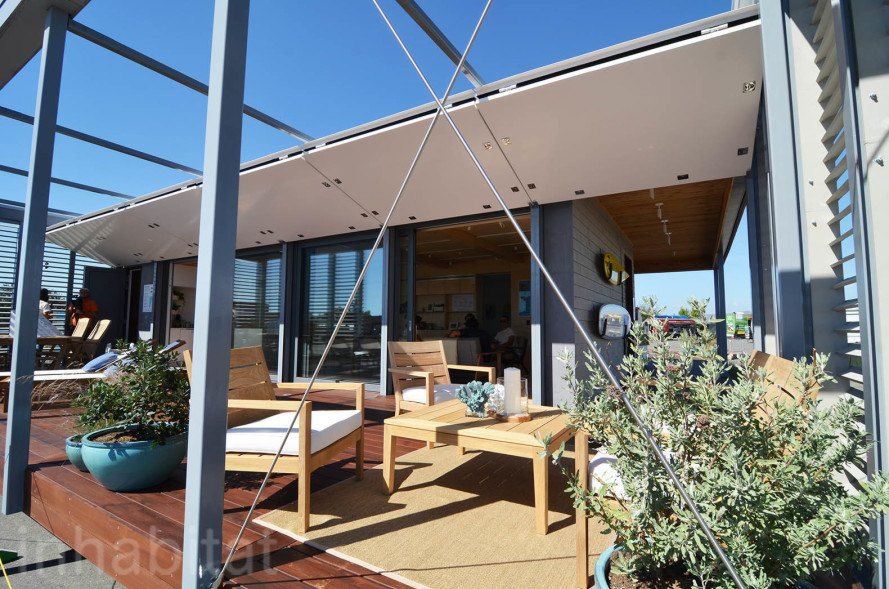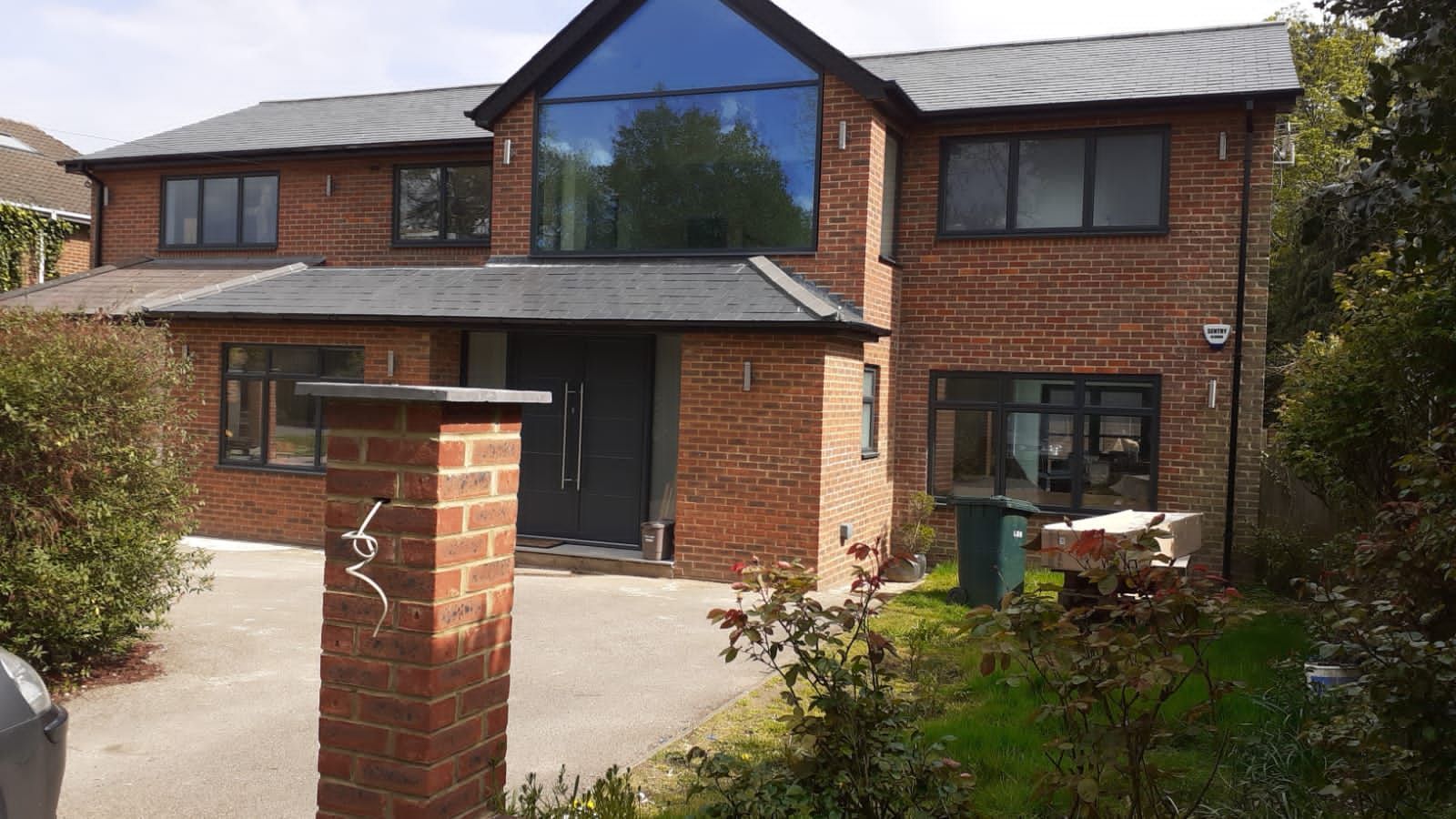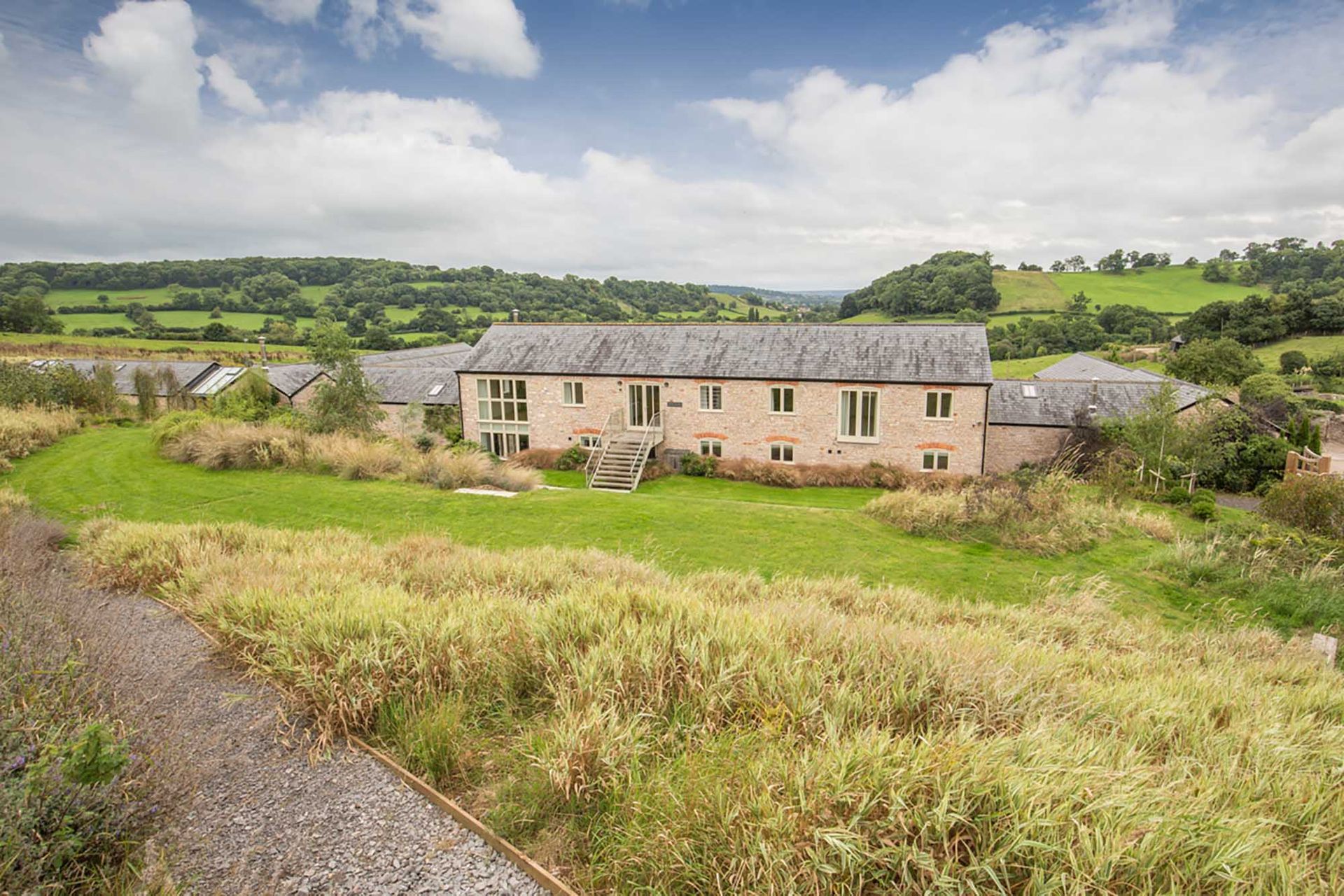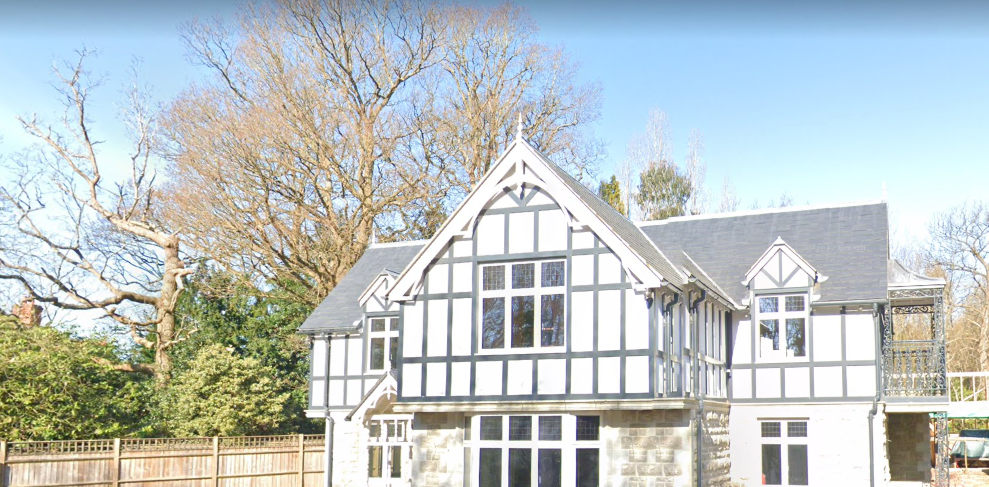Rethinking Home - Growing Families: Do House Extensions Settle?
Rethinking Home - Growing Families: Do House Extensions Settle?
As you embark on the journey of expanding your family home with a house extension, you may have concerns about whether extensions settle over time. This is a valid question for modern families like yours, who are seeking to invest in their homes for the long term.
House extensions, like any construction project, can undergo a settling process as they adjust to their new environment. However, it's essential to understand that settling is a natural phenomenon that occurs in all buildings, regardless of whether they have undergone extensions or not. With proper planning, design, and construction techniques, settling can be minimised and managed effectively.
Let's explore some specific examples and insights from our experience to shed light on the issue of settlement:
Foundation Settlement:
Foundations play a crucial role in supporting the weight of your house extension and distributing it evenly to the underlying soil. According to structural engineers, some degree of settlement in foundations is expected as the soil beneath them adjusts to the additional load. However, by using appropriate foundation designs and techniques, such as deep footings or reinforced concrete slabs, settlement can be minimised, and the risk of structural damage reduced.
Structural Framing:
The structural framing of a house extension, including walls, floors, and roofs, may experience minor adjustments as materials expand and contract with changes in temperature and humidity. While these movements are normal and typically do not pose a significant risk to the stability of the extension, it's essential to use quality materials and construction methods to ensure durability and resilience over time.
Finishes and Fixtures:
Interior finishes and fixtures, such as plasterboard, flooring, and cabinetry, may also undergo minor settling as they acclimate to their new surroundings. This can result in small cracks or gaps appearing in walls or ceilings, especially during the first year after construction. However, these cosmetic issues can usually be addressed with routine maintenance and remedies, such as patching and painting.
Professional Oversight:
To mitigate the risk of settlement-related issues, it's crucial to work with experienced professionals, such as architects, engineers, and builders, who understand the complexities of house extensions and can implement appropriate measures to ensure structural stability and longevity. By following best practices and industry standards, you can minimise the likelihood of settlement-related problems and enjoy peace of mind knowing that your family home is built to last.
Have you been harbouring an inkling in the back of your mind to build a much needed extension? Well just book a complimentary discovery call and chat your ideas through with Mark.... https://bit.ly/Complimentary20Chat 😎
#MarkMuirArchitect #HomeExtension #SouthWestArchitect



